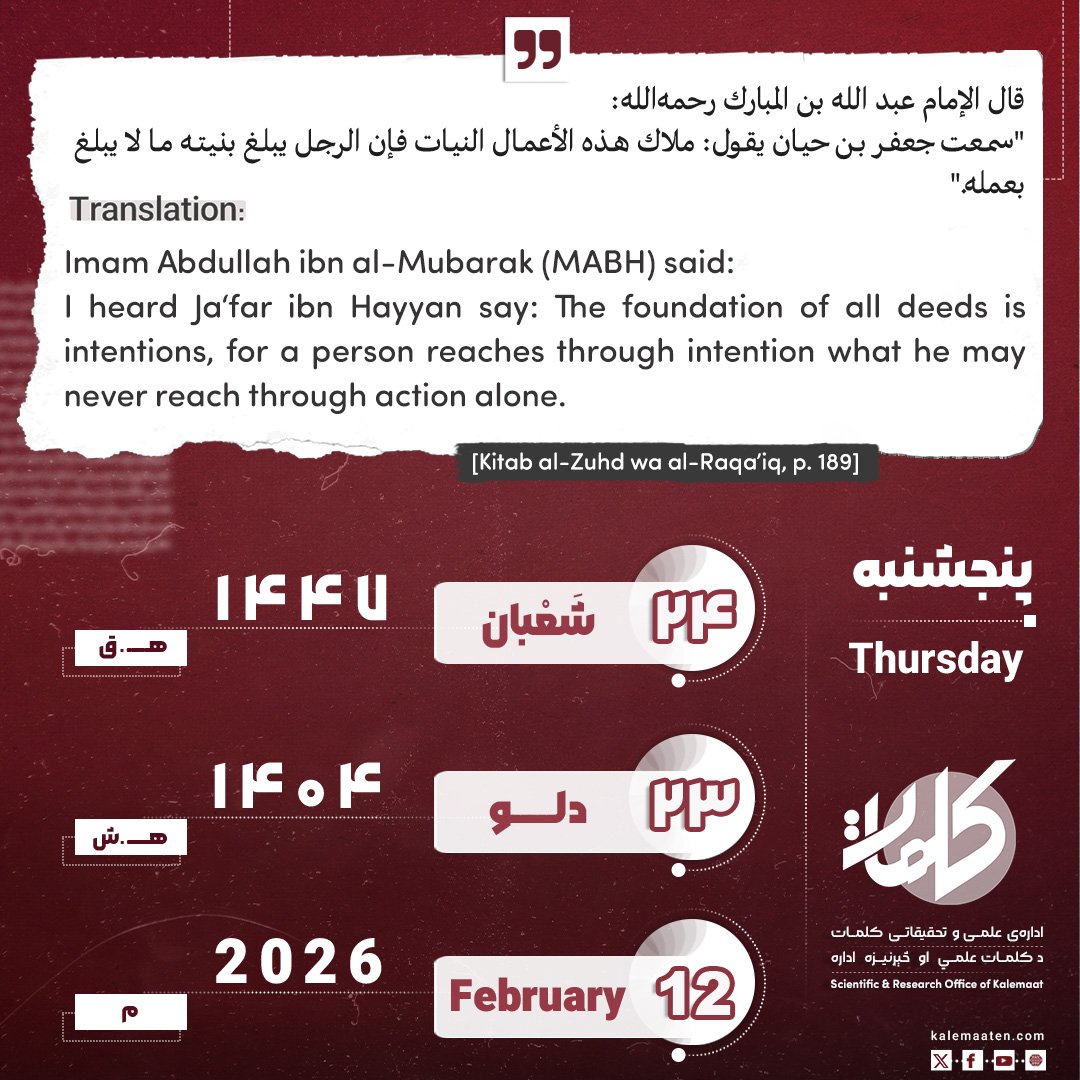Author: Abu Raef
Colonialism (Part 30)
Changing the Way of Social Life of Afghan People
During the colonization and occupation of Afghanistan, the colonialists made countless efforts to change the culture and social lifestyle of the religious people of Afghanistan. They undertook extensive and comprehensive propaganda in this field. Among the most significant actions committed by the colonialists to change the social life of Afghan Muslims, the following can be mentioned:
1.Attempting to change the traditional clothing and style of covering of the Afghan people.
2.Introducing Western culture and lifestyle as a superior and progressive model, promoting the necessity of imitating them in all matters.
3.Conducting extensive media propaganda to alter the national and Islamic way of life of the Afghan people, as well as to change domestic customs and traditions.
4.Forcing people to wear Western clothes and modify their appearance to participate in university classes and public schools and expelling those who disobeyed.
5- Burning “lungi” and “burqa” on the TV screen and announcing that these things are the cause of Afghanistan’s backwardness; This happened in an official gathering by people who considered themselves human rights defenders.
6- Changing the type of clothing worn by Afghan women and bringing women who wore hideous and un-Islamic clothing on the television screen and promoting this clothing among Afghan women.
7- De-hating the relationship between Muslims and infidels by claiming the need for peaceful coexistence among humans, while the Almighty Allah and the teachings of the Prophet’s way of life instructs Muslims not to be inclined towards infidels and aggressor nations and considers it necessary for them to not treat them as friends, companions and collaborators. but the colonialists and their representatives always tried to introduce the aggressors as friends and benefactors of Afghans and justify their presence as needed by the society.
8- Spreading and promoting the relations and holidays that are specific to foreign culture among Muslims and considering them as a sign of civilization and progress of a country, such as Christmas, birthday, Mother’s and Father’s Day, Nowruz, Lover’s Day (Valantine), etc.
9- Expanding illicit and opposite-sex relationships among young people through media advertising and creating spaces for mixing in universities and schools and green spaces in cities; In such a way that the television channels were full of meetings where boys and girls came together and discussed illicit relationships with disgusting, deviant and sexual expressions and dialogues.
10- The spread of administrative corruption, bribery, usury, cheating, slander, defamation and other Sharia prohibitions among Muslims and the normalization of these matters among the Islamic nation of Afghanistan; In fact, this case was the basis of administrative corruption and the working life of the people of Afghanistan, and it made it very difficult and for ordinary people to achieve their administrative and duty goals, in such a way that every position in the government offices was bought and sold for exorbitant amounts. Sometimes there was a deep fight and conflict on this issue, while the religion of Islam orders transparency in work, no begging, no asking for positions and rank, commitment to duty and other good administrative affairs of Muslims.
These were some of the cases that the colonialists committed in the context of changing the social and cultural life of the Afghan people, and in fact, they examined many other cases to achieve their sinister goal, which can be evaluated in more general writings and materials.



